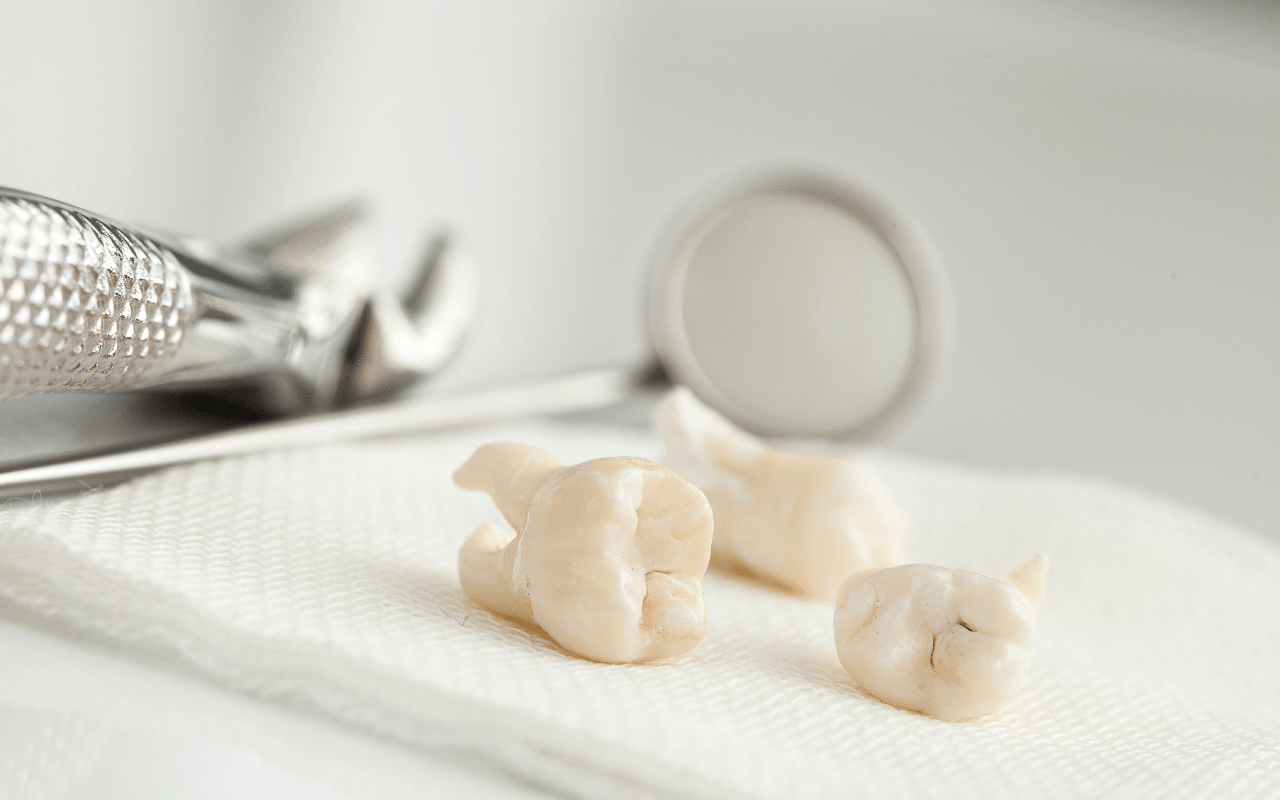When Do You Need an Emergency Tooth Extraction?
When Do You Need an Emergency Tooth Extraction at Park Hills Family Dentistry
Tooth pain can disrupt your life in a flash. While some dental problems can wait for a scheduled appointment, others require immediate attention—especially when a tooth needs to be extracted quickly to preserve your health and comfort. But how do you know if you truly need an emergency tooth extraction? At Park Hills Family Dentistry, we’re here to help you understand the signs and know when to take action.
What Is an Emergency Tooth Extraction?
An emergency tooth extraction is the immediate removal of a tooth due to severe damage, decay, infection, or trauma. Unlike routine extractions that are planned, emergencies arise when a tooth poses a serious health risk or causes unmanageable pain. In these cases, delaying treatment can lead to more serious issues such as the spread of infection, jaw damage, or overall health complications.
Signs You May Need an Emergency Extraction
Knowing the warning signs can help you take prompt action and avoid further problems. Here are the most common indicators:
1. Severe Tooth Pain
Persistent, sharp, or throbbing pain that doesn’t subside may signal a serious issue. This type of pain can indicate nerve damage, deep decay, or infection, all of which might require immediate extraction if other treatments are not possible.
2. Swollen Gums or Face
If your gums or face are swollen—especially with signs of redness or warmth—it could mean you have a serious infection like an abscess. In some cases, this infection can spread rapidly, making extraction necessary to remove the source.
3. Loose or Damaged Teeth
If you’ve suffered trauma or a tooth becomes loose due to severe gum disease, the best solution may be to extract it. Teeth that are cracked below the gumline or split into multiple pieces are usually not salvageable.
4. Infection That Won’t Heal
A tooth infection that doesn’t respond to antibiotics or keeps returning could threaten surrounding teeth and bone. In this case, extraction might be the safest route to protect your overall oral health.
5. Advanced Tooth Decay
When decay has completely destroyed a tooth’s structure and it cannot be repaired with a filling or crown, emergency extraction may be necessary.
What to Expect During an Emergency Tooth Extraction
If you’re experiencing one or more of the signs above, schedule an emergency dental appointment immediately. At Park Hills Family Dentistry, we prioritize patient comfort and safety—especially in emergency situations.
Here’s what the process generally looks like:
Assessment: The dentist will examine the tooth and take X-rays to determine the severity of the issue.
Pain Management: Local anesthesia or sedation will be administered to ensure a pain-free procedure.
Extraction: The tooth will be gently removed, and post-extraction care will be explained to promote healing.
Aftercare: You’ll be provided with instructions on managing discomfort, preventing infection, and options for replacing the tooth if needed.
Can All Dental Pain Be Resolved Without Extraction?
Not necessarily. While root canals, antibiotics, or other procedures can sometimes save a tooth, extractions are often the safest option when:
The infection is too severe.
The tooth is fractured beyond repair.
The decay has reached the bone.
That’s why it’s essential to see a qualified professional—like the team at Park Hills Family Dentistry—for a proper diagnosis and care plan.
Preventing Dental Emergencies
While not all emergencies are avoidable, good oral hygiene and regular checkups can go a long way in preventing them. Here are a few tips:
Brush and floss daily.
Visit your dentist every six months.
Wear a mouthguard if you play contact sports.
Avoid chewing hard items like ice or popcorn kernels.
Address dental issues early before they escalate.
Trust the Best Dentist in Lexington, KY
If you think you may need an emergency tooth extraction, don’t wait. Quick treatment can relieve your pain and protect your health. At Park Hills Family Dentistry, we offer compassionate, expert emergency dental care when you need it most. Our team will evaluate your situation, explain your options, and ensure you feel comfortable every step of the way.
Contact Park Hills Family Dentistry today to schedule your emergency appointment and get the care you deserve from the best dentist in Lexington, KY.








